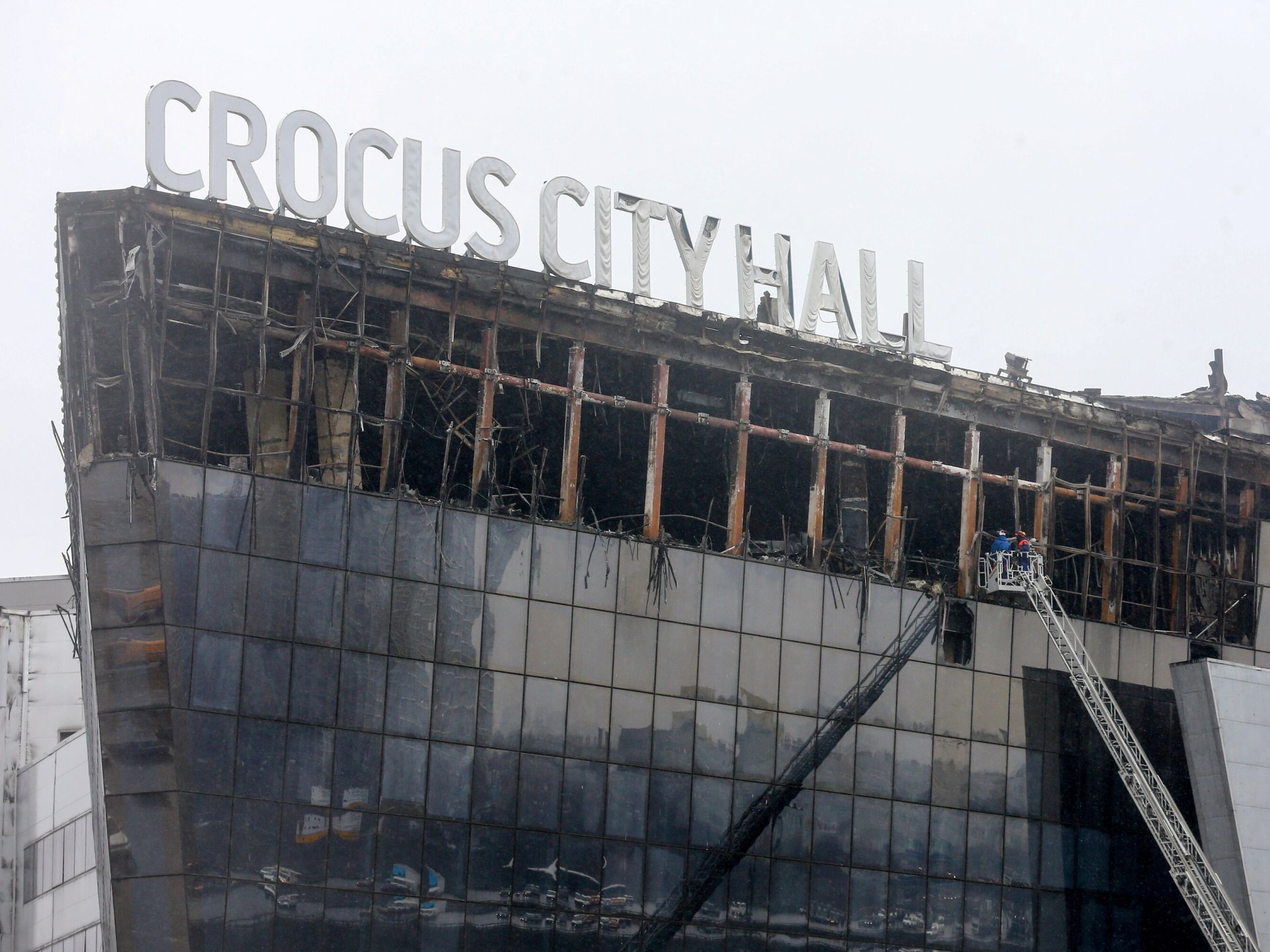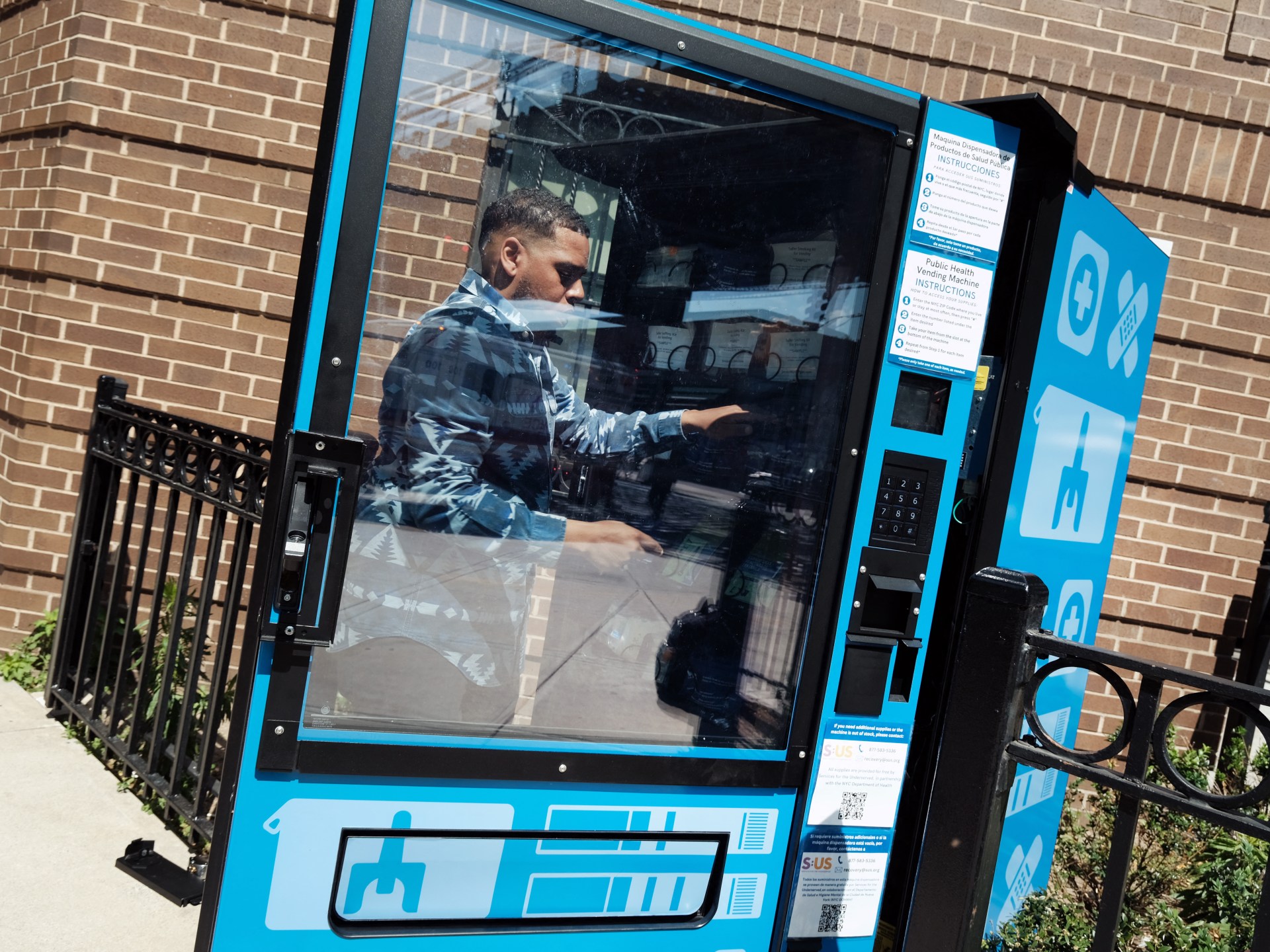
FILE – Jordan’s King Abdullah II bin Al-Hussein attends a military ceremony in Vienna on October 25, 2021. President Joe Biden hosts Jordan’s leader in Washington on Monday, Feb. 12, 2024, and the two are expected to discuss ongoing efforts to release hostages in Gaza and growing concerns about a possible Israeli military operation in the port city of Rafah. It is the first meeting between the allies since three American soldiers were killed in a drone strike on a US base in Jordan last month. (AP Photo/Lisa Leutner)
WASHINGTON (AP) — Declaring that “every innocent life lost in Gaza is a tragedy,” President Joe Biden welcomed Jordan’s King Abdullah II to the White House on Monday for talks on how to end the months-long war and the future can be planned.
The meeting with Abdullah comes as Biden and his aides work to bring about another pause in Israel’s war against Hamas, to send humanitarian aid and supplies to the region and to free hostages. The White House is facing growing criticism from Arab Americans over the administration’s continued support for Israel amid rising casualties in Gaza since Hamas launched its attack on Israel on Oct. 7.
“The key elements of the deal are on the table,” Biden said next to the king, although “there are still gaps.” He said the U.S. would do “everything possible” to reach an agreement: a pause in fighting at least six weeks and the release of the remaining hostages held by Hamas.
A senior U.S. government official said Sunday that a framework for an agreement was essentially in place after weeks of shuttle diplomacy and phone calls. The official said Israeli military pressure on Hamas in Khan Younis in recent weeks had helped push the militant group closer to an agreement.
Abdullah said Biden’s leadership was “key to addressing this conflict” as he addressed the suffering of the tens of thousands of civilians killed and wounded in the fighting.
“We need a permanent ceasefire now,” said the king. “This war must end.”
Jordan and other Arab states have been highly critical of Israel’s actions and rejected public support for long-term planning about what happens next, arguing that fighting must end before such discussions can begin. They have been calling for a ceasefire since mid-October, when civilian casualties soared.
Biden’s stance represents a subtle but notable break for the president, who has continued to oppose a permanent ceasefire. His government has insisted that Hamas retain no political or military control of Gaza after the war – a key target of the Israeli operation to prevent a repeat of the Oct. 7 attack that killed more than 1,200 Israelis and left about 250 dead hostages were taken.
Biden reiterated his warning that Israel must not launch a large-scale attack on Rafah, the last major remnant of Hamas where more than 1.3 million people are seeking refuge, unless it develops plans to protect civilians there from danger . Earlier on Monday, National Security Council spokesman John Kirby acknowledged that there were “legitimate military objectives” for Israel in Rafah, but said the Israelis must ensure their operations are aimed at protecting the lives of innocent civilians. Officials said the U.S. was unsure whether there was a viable plan to relocate civilians from Rafah to enable military operations.
Biden, who hopes for a two-state solution to the Israeli-Palestinian conflict, added that he and the king discussed the need for “urgent reform” of the Palestinian Authority, which has some control over parts of the West Bank. to be prepared to assume some authority in Gaza if Hamas is removed from power. “You must prepare to build a state that accepts peace and does not harbor terrorist groups like Hamas and Islamic Jihad,” Biden said.
Abdullah insisted that “separation of the West Bank and Gaza cannot be accepted.”
Earlier on Monday, Biden, along with his wife Jill, welcomed the King, Queen Raina, and Crown Prince Hussein to the White House before the leaders met.
It was the first meeting between the allies since three American soldiers were killed in a drone strike on a US base in Jordan last month. Biden blamed Iran-backed militias for the deaths, the first for the U.S. after months of attacks by such groups against American forces across the Middle East since the start of the Israel-Hamas war.
Biden had planned to visit Jordan during his October trip to Israel shortly after the Oct. 7 Hamas attack, but the trip was canceled. On the way home from Israel, Biden announced that he had helped negotiate the first deal to temporarily halt fighting and open the Rafah border crossing to humanitarian aid.
In the months since, members of his administration have made repeated trips to the region to engage with leaders there.
—
AP writers Seung Min Kim and Darlene Superville contributed






Recent Comments